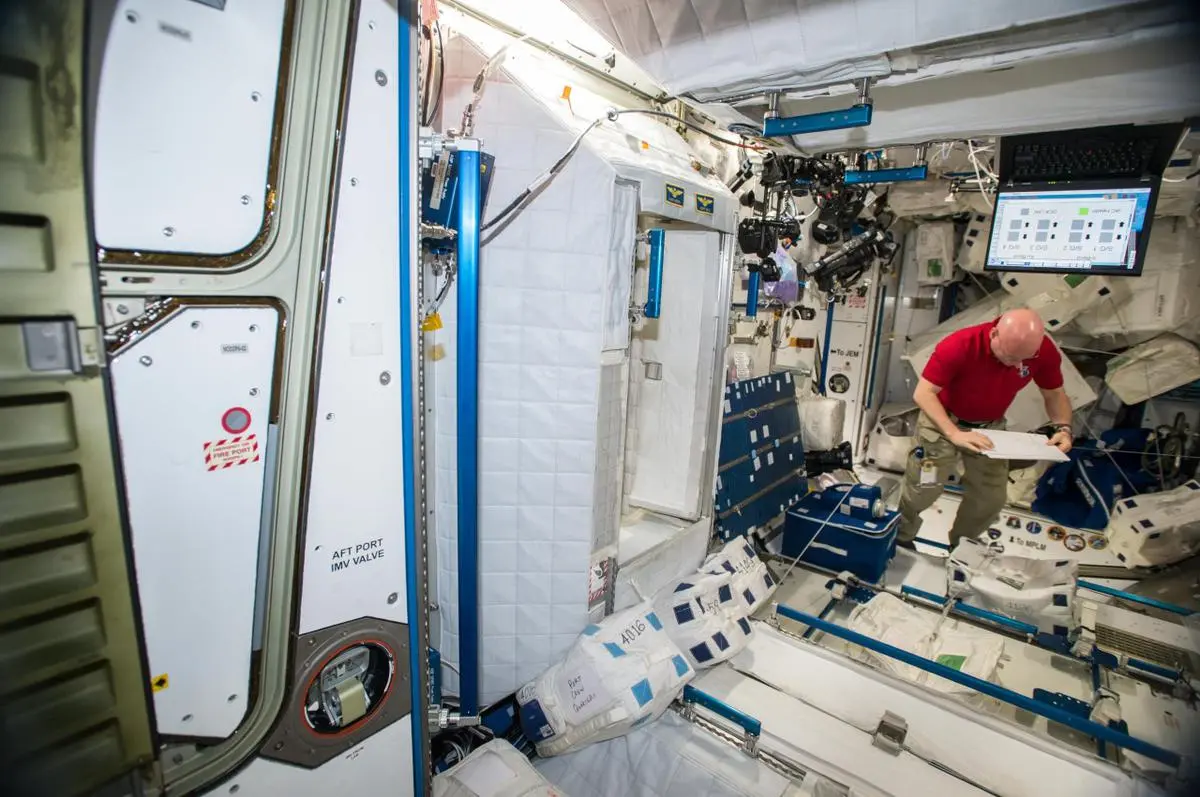Researchers from the Indian Institute of Technology Madras (IIT Madras) and NASA’s Jet Propulsion Laboratory studied the interactions between microbes on the International Space Station (ISS). This will help develop space station disinfection strategies to minimize any possible microbial impact on astronaut health.
This study was motivated by earlier observations of dominance Klebsiella pneumoniae on the surface of the ISS. This pathogen is known to cause pneumonia and other nosocomial infections. The researchers were widely interested in understanding how this bacterium affects the growth of other microbes nearby, and the possible consequences this could have, the release said.
The researchers analyzed data from microbial samples taken during three space flights at seven locations on the ISS. Research has shown that Klebsiella pneumoniaethe main microbe that lives on the ISS is beneficial to various other microbes that are also present on the ISS, especially bacteria with Pantoea genus.
Karthik Raman, an associate professor at the Bhupatta and Jyoti Mehta School of Biological Sciences and a core member of the Robert Bosch Center for Data Science and Artificial Intelligence (RBCDSAI), IIT Madras, collaborated with Kasturi Venkateswaran, a JPL senior scientist, according to a release.
Need for research
Emphasizing the need for such research, Raman noted that the microbiome of the anthropogenic environment has a great impact on human health. Controlled environments like the ISS contain a variety of organisms, and unraveling their interactions is key to better assessing the factors that shape the microbiome even under extreme conditions.”
This bacterial family includes members such as Escherichia coli, Salmonella, etc., which are also present in the human intestine. This family of bacteria has been found to be the most beneficial among other microbes present on the ISS.
Kasthuri Venkateswaran, a senior scientist at the Jet Propulsion Laboratory (JPL), said one way microbes are introduced into the sealed and closed space station is through crew members. However, the environment on the space station is different from that on Earth. Interactions between microbes are also affected by these adverse environmental conditions in space, necessitating such studies. More knowledge about microbes in space could help design appropriate safety measures for long-duration space travel.

.jpg)